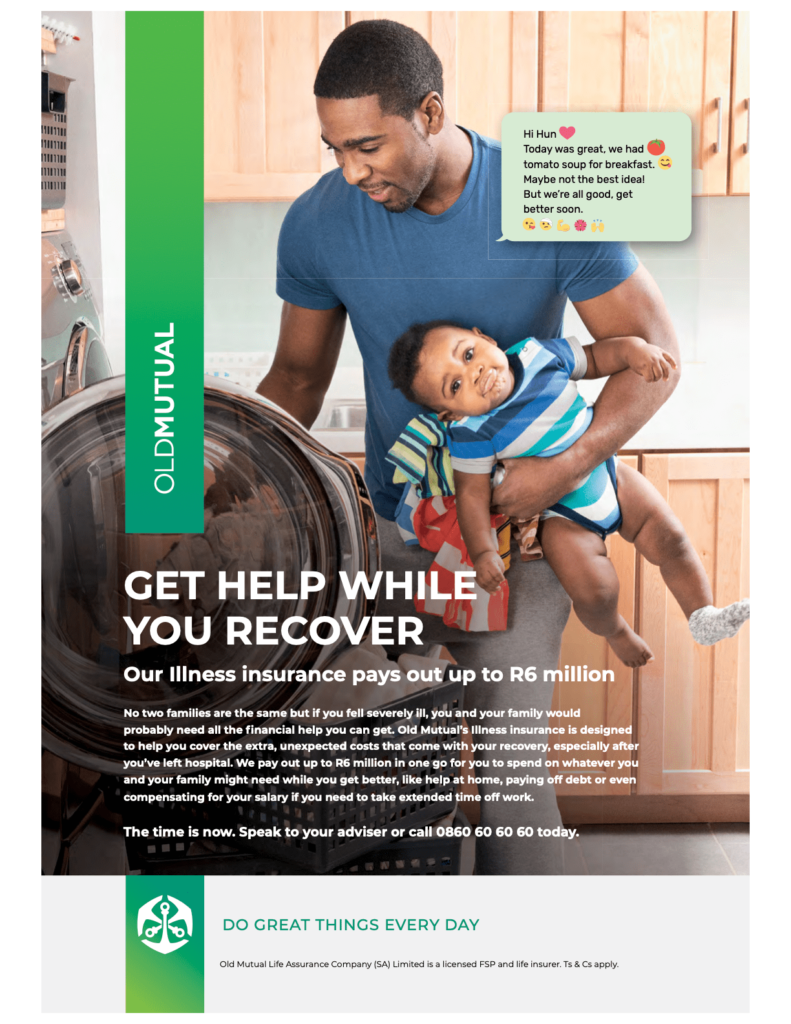Sumarie Greybe, co-founder at Naked, the artificial intelligence (AI)-driven insurtech company

When most people think of insurance, they think of bureaucracy, unwanted but necessary costs, and being at the mercy of large, faceless insurance companies. Bringing true personalisation to insurance cover is key to changing how customers perceive and feel about personal, short-term insurance. While the industry has made some positive steps in this direction, it still has a long way to go.
When we set out to create a new type of insurance experience in 2018, the idea of personalisation was at the top of our minds. From our own experience in the industry and discussions with consumers, we realised that getting personal in insurance needs to be about more than customising products to each person’s needs – it also needs to be about establishing a human connection.
As such, we believe that there are three pillars to personalise the insurance experience – and customisation is just the start:
- Customisation
Today’s consumer has become used to having control over their experiences with brands and to getting messages, services and products that are tailored to their needs and context in real-time. As such, we saw developing an AI-driven platform and slick front-end (the website and app) as the starting point for a more personalised experience for our customers.
Naked customers can get a quote online, play with excesses and other parameters, and choose the option that meets their needs in under 90 seconds. They can also use the app to change or cancel their policy when they wish – giving them control and convenience. We have also built features that allow for dynamic personalisation according to the customer’s needs.
A great example of this is CoverPause. This feature lets you pause your accident cover (and pay roughly 50% less on your premium) for the days you are not driving while staying covered for theft, mother nature and insured risks to a parked car. This feature has proven especially popular during the pandemic with people working from home and driving less.
- Genuine regard for the individual consumer
Basic personalisation features have become table stakes in most industries, and we can expect the same in insurance. We are focusing on changing the perception in the market that insurance is a pure commodity offered by companies that treat the customer like a number rather than remembering that real humans are using the product.
Indeed, horror stories about insurers using small print and technicalities to avoid paying claims – at the times when people need personal help the most – are a staple of dinner conversations. We realised that the only way we could change this was by addressing the fundamental conflict of interest at the heart of the traditional insurance business model.
Unlike traditional insurers, we charge our customers a flat fee, and donate money left in the pot allocated for claims to causes in our Naked Difference programme at the end of the year. Because Naked doesn’t profit from paying less claims, customers know they won’t need to fight to get a valid claim paid and they get to enjoy being part of something that makes a difference in the community.
- Emotional connection
Everything we do at Naked is geared towards changing the relationship between consumers and insurance from one of distrust and disengagement towards one of personal connection with the product and brand. By changing our incentives and putting the customer in control, we also change customers’ behaviour and incentives.
With the Naked Difference, customers know that it will be social causes rather than an impersonal insurance company that loses out due to fraud, for example. This will make most people, who have felt hard done by in their historical experiences with the insurance industry, pause for thought before overclaiming when their home is robbed.
We aim to build insurance that people love by offering an experience that is affordable, convenient and transparent. Referrals play an important role in building our business – we hope that our customers enjoy our product and want to share their experience with others. To get this right, we need to build such a strong relationship with them that they will be willing to put their own credibility on the line by recommending us to friends and family.


